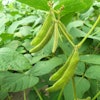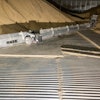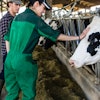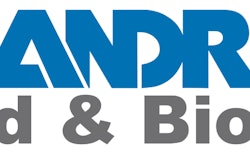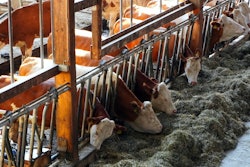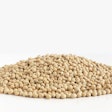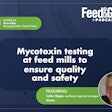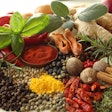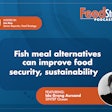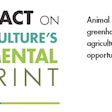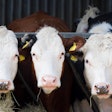
Ordering a perfect cup of Earl Grey tea from a Star Trek-style replicator remains for the next generation. However, small-scale 3D printing of pet treats may not be science fiction for long. Those futuristically created treats may themselves contain equallynovel ingredients, such as insect and algae proteins. Research on human foods suggests 3D-printing holds potential forsustainable pet treatsand new product development, or even home dog and cat treat production.
Three-dimensional printing of consumables
Three-dimensional printers often serve as rapid prototyping devices for engineers and other designers. They can also spit out rare spare parts and surreal sculptures. With the right raw materials, some of those printed creations can be consumed. Most of these 3D-printed consumables are meant for humans. For example, scientists at the Singapore University of Technology and Design experimented with six protein sources, including insects, in formulations for 3D printed human foods. The proteins included silkworms, soy, black soldier fly larvae, crickets, spirulina algae, whey and crickets. They used carrots and xantham gum to complete the recipes. The journalFood Hydrocolloidspublished their results.
“Alternative proteins may become our main source of protein intake in the future,” lead author Yi Zhang, professor at the Singapore University of Technology and Design, said in a press release. “This study proposes a systematic engineering approach of optimizing food inks, thereby enabling easy creations and customizations of visually pleasing, flavorful and nutritionally adequate food enhanced with alternative proteins. We hope our work would encourage consumers to eat more of these unfamiliar, but sustainable food items.”
While Zhang focused his research on human foods, the technologies and ingredients could be adapted to pet treat production. The alternative proteins used in the study also appear in pet foods. Insects for example have grown from a niche to a near-mainstream ingredient in pet food during the past five years. Major brands now have their own insect-based formulations. Pet owners may be more capable of overcoming the “ick-factor” when feeding insect-protein products to pets, since many cats and dogs will readily snap at a fly or devour a beetle. Insects may seem a natural part of pets’ diets to owners.
The insect and other alternative protein human foods compared well to conventional formulations in the experiment. The researchers used three molds to test the properties of the proteins as 3D-printer inks, a pyramid, an octopus and a sea turtle. The black soldier fly larvae and cricket protein products looked particularly well formed, judging by photos accompanying the press release.
Pet treat potential for 3D-printing
“This research study can also be generalized for other food ingredients and response of the food inks like texture, printability, water seepage may be included for optimization,” Aakanksha Pant, study co-author and research associate from Singapore University of Technology and Design said in a press release.
Beyond generalizing to other human foods, this and other research on 3D-printing could be expanded to included pet foods. Pet owners buy artisanal dog and cat treats from boutique bakeries. A custom 3D-printed dog biscuit could find a place in these businesses’ product offerings. Hobbyists and professionals already use 3D-printing at home for their own foods, not to mention rapid prototyping and art. Pet owners could be the next to embrace home 3D-printing. A pet food and treat company could offer a 3D-printing device optimized for home-production of pet treats, then sell the ingredients to pet owners via a subscription service. For large, established companies, 3D-printed pet consumables could streamline the new product development process or allow specialized services for pet owners, such as selling custom pet treats by mail.



